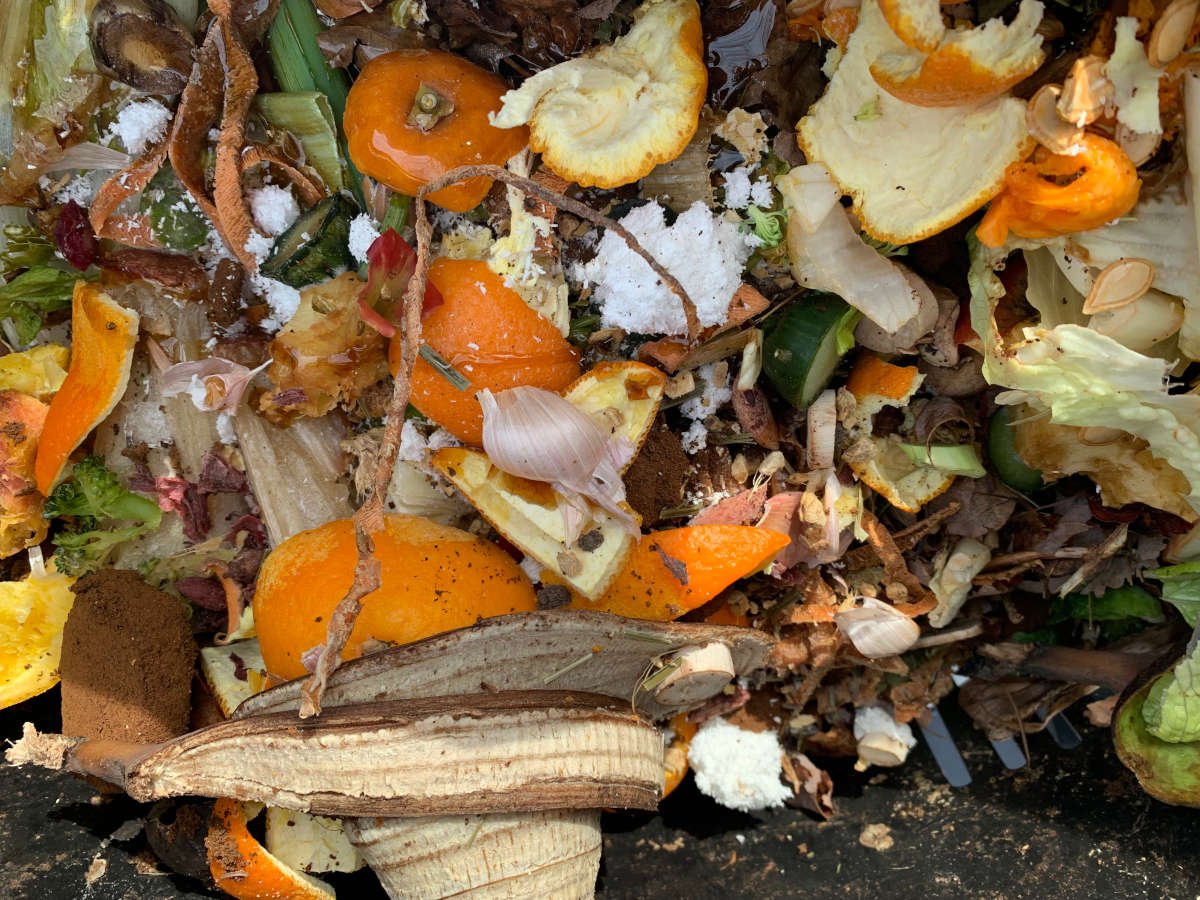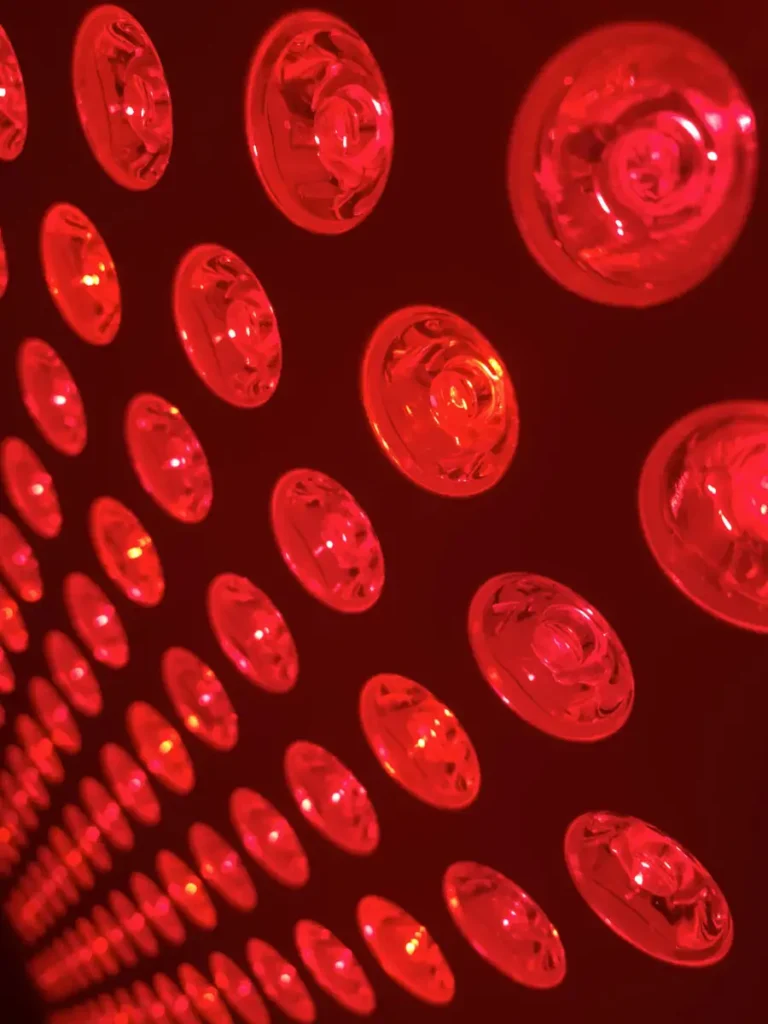Turning kitchen scraps into garden gold – Why we should compost!
Have you been wanting to get into composting? Not sure why it is a good idea?
Let me explain the benefits of composting and why everyone should be doing it!
It is one of the easiest ways to reduce our ecological footprint! And it is a step towards a more sustainable livelihood!
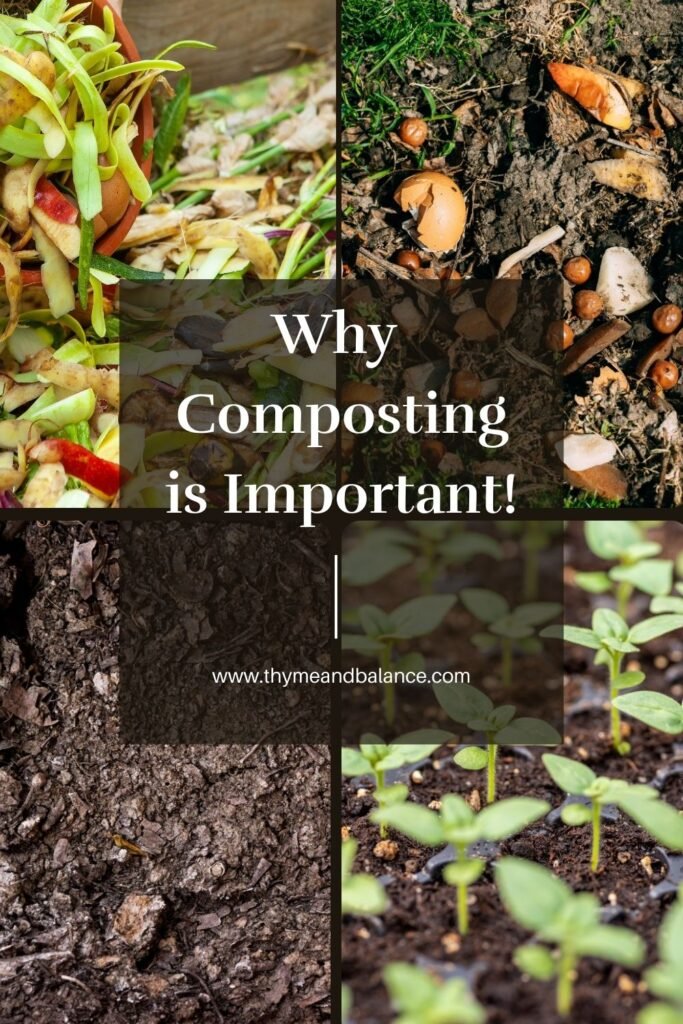
What is Composting?
Composting is the simple method of gathering kitchen scraps and yard waste and letting these turn into nutrient-rich soil. If sent to a landfill, they would take years to break down and contribute to methane emissions.
Luckily many municipalities now have their own composting facilities so organic waste does not always end up in the landfill. Your organic waste has to be transported to a composting facility and that still requires vehicles burning fossil fuels.
Composting is a simple process that involves creating an environment for microorganisms to break down organic matter. The result? Healthy, dark, crumbly compost that can be used to improve soil health.
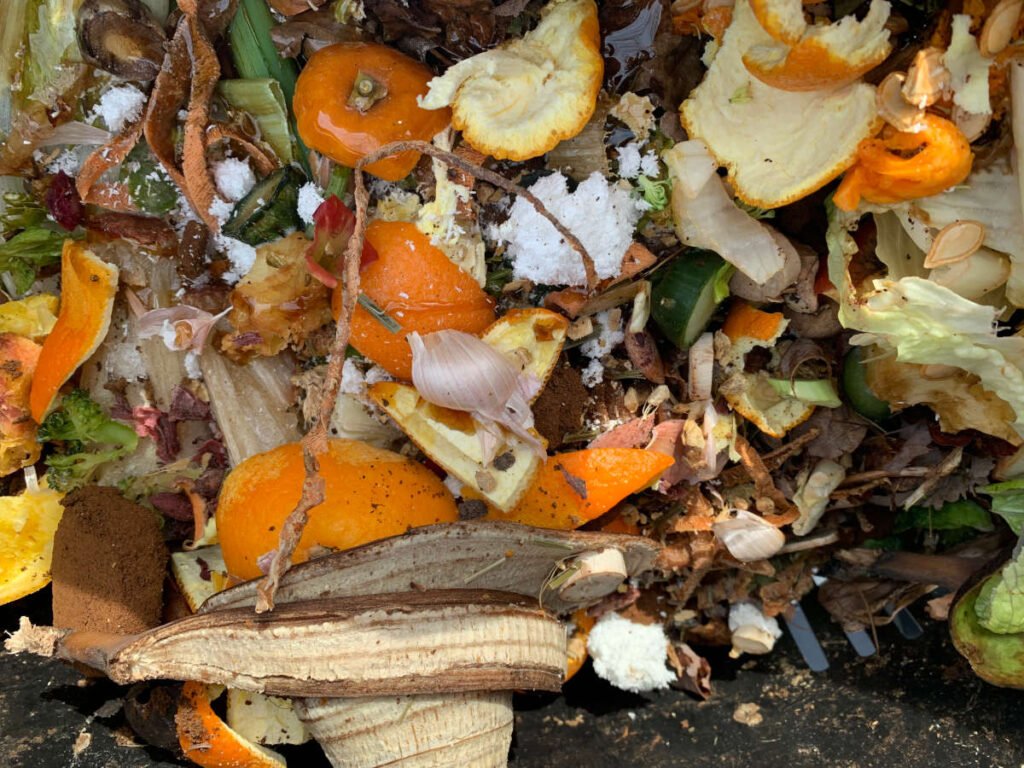
Economic Benefits
There are several benefits to composting at home. The most obvious being the money you save, by not having to buy compost for your plants, be it flowers or vegetables!
It also saves you money by not having to buy chemical fertilizers. They are expensive and have big environmental costs when being produced.
Some of them aren’t even very good for your plants, your soil health or even you if you consume those plants.
On top of that, reducing the amount of waste that needs to be collected by your local municipality, means they save money in transporting and processing the waste. Saving them money frees up cash flow to invest in more important infrastructure and services.
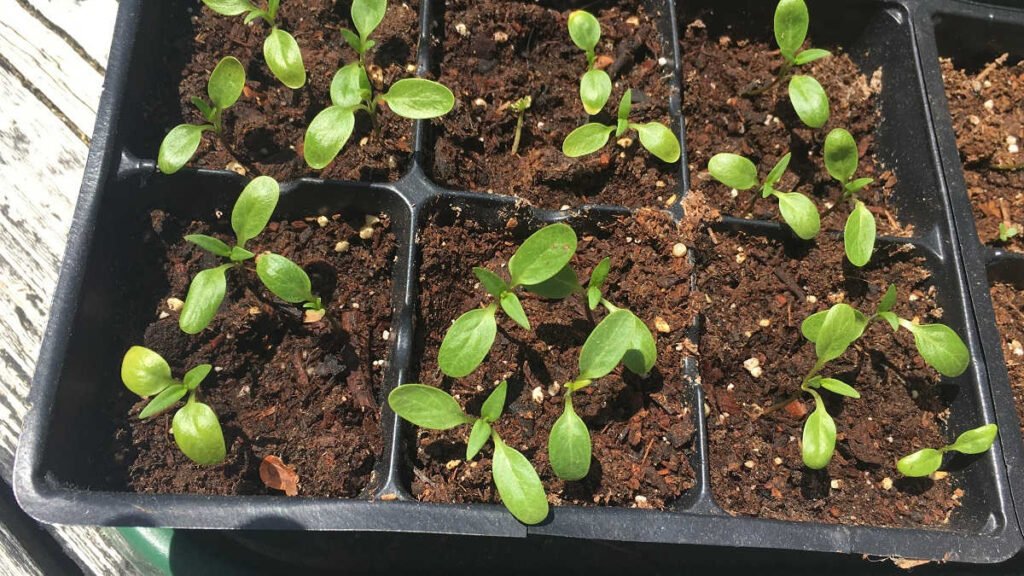
Environmental Benefits of Composting
Considering the minimal effort it takes, compositing is one of the biggest changes we can make to reduce our ecological footprint and be more sustainable.
Backyard composting reduces landfill waste. The less you put out to the curb, the less needs to be driven away and processed somewhere else.
On average, people waste 25% of the food they buy. For example, an average North American or European household throws out about 100 kg (219 pounds) of food waste each year.
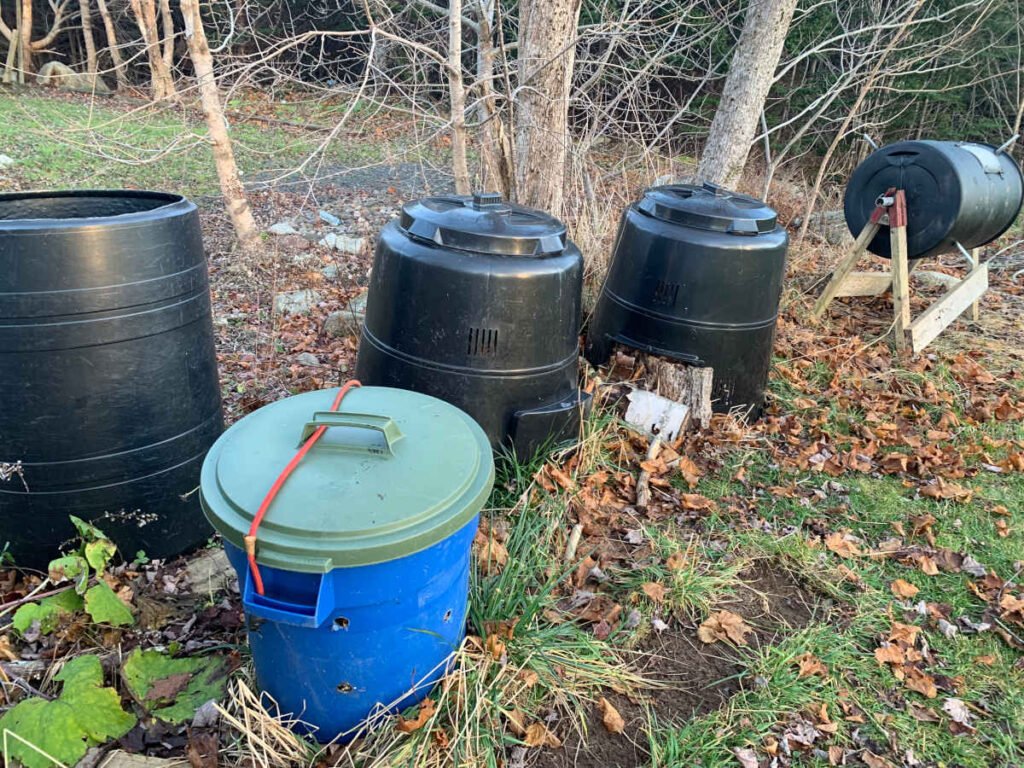
Benefits of Composting for Your Garden
Creating and using your own homemade compost is very beneficial to your garden and plant health. Compost provides essential nutrients to plants, which they need for healthy growth.
Feeding you plants regularly also builds up the soil and improves soil aeration and water retention, meaning you need to water less. This in turn also improves plant health.
A layer of compost also adds some insulation. A good practice is to add some compost at the end of the season. It will feed your soil and protect your plants!
And of course, compost with all its beneficial insects and microorganisms that decompose it, improves soil health as well.
By creating your own compost, you know what you are feeding your plants. Think of all the times you bought compost and found pieces of plastic or other odd materials in there.
Personal and Community Benefits
It is not all about the economy and the environment. There are community and personal benefits to composting!
Composting is a process that automatically connects you with nature. The sense of accomplishment, and knowing you are doing something to live a more sustainable life is very rewarding.
It can also create a sense of community in community gardens. Maybe there are neighborhood programs in your area that bring people together to share sustainable practices. Composting could be one of these activities that these programs could enjoy, if they do not already do so.
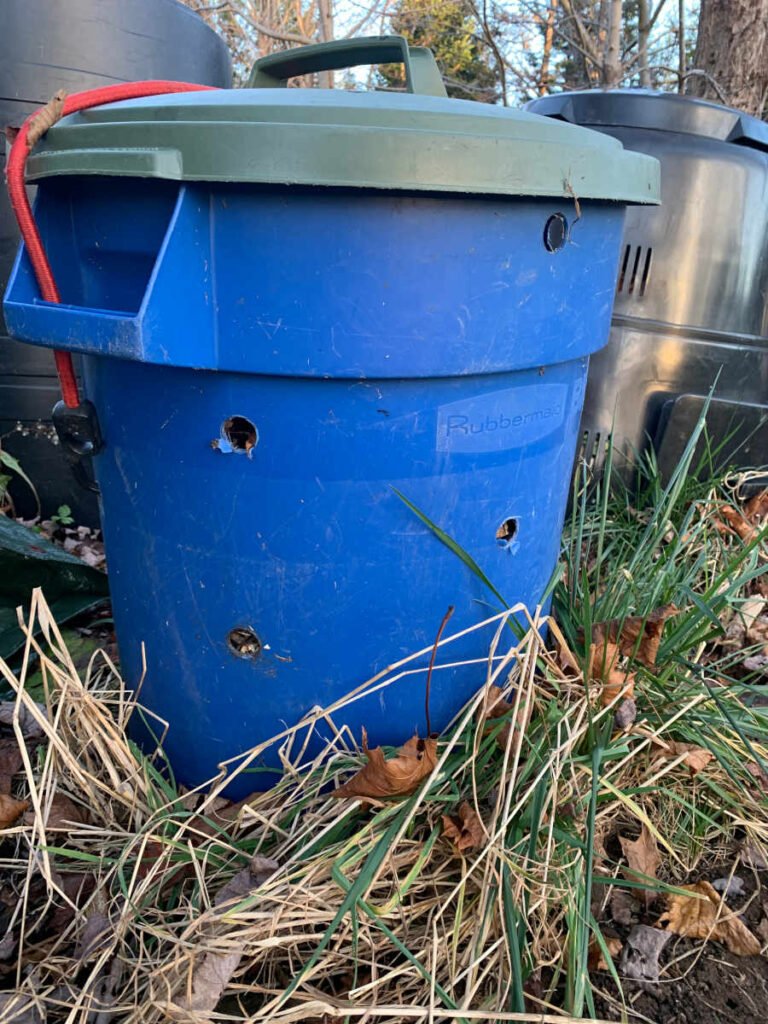
How to Get Started
Composting is not supposed to be hard or take a lot of time! You can adjust your composting style and space to suit your needs.
Choosing a Composting Method:
If you don’t have space outside, you can consider vermicomposting. This is where you have a container of earthworms that do the work for you.
This requires a bit of research and figuring out. But it is not hard and can easily be done indoors.
You can also buy countertop composters. They have built in grinders and heat regulators to help speed up the process.
Other methods also exist, such as Bokashi. I have not used any of these, but have heard great things.
For outdoors, you can choose between using a compost bin, a compost tumbler, or a compost pile. These all work great!
You can adapt this to the space you have available. You don’t need 4 bins like me, if you only have a small garden.
What to Compost:
Kitchen scraps such as vegetables, coffee grounds and eggshells can all go into the compost. But avoid adding meats, dairy, oils and baked goods, as these can attract pests.
From the garden, you can compost dead plants, leaves and branches, almost anything. Keep in mind the thicker the branches, the longer they will take to decompose.
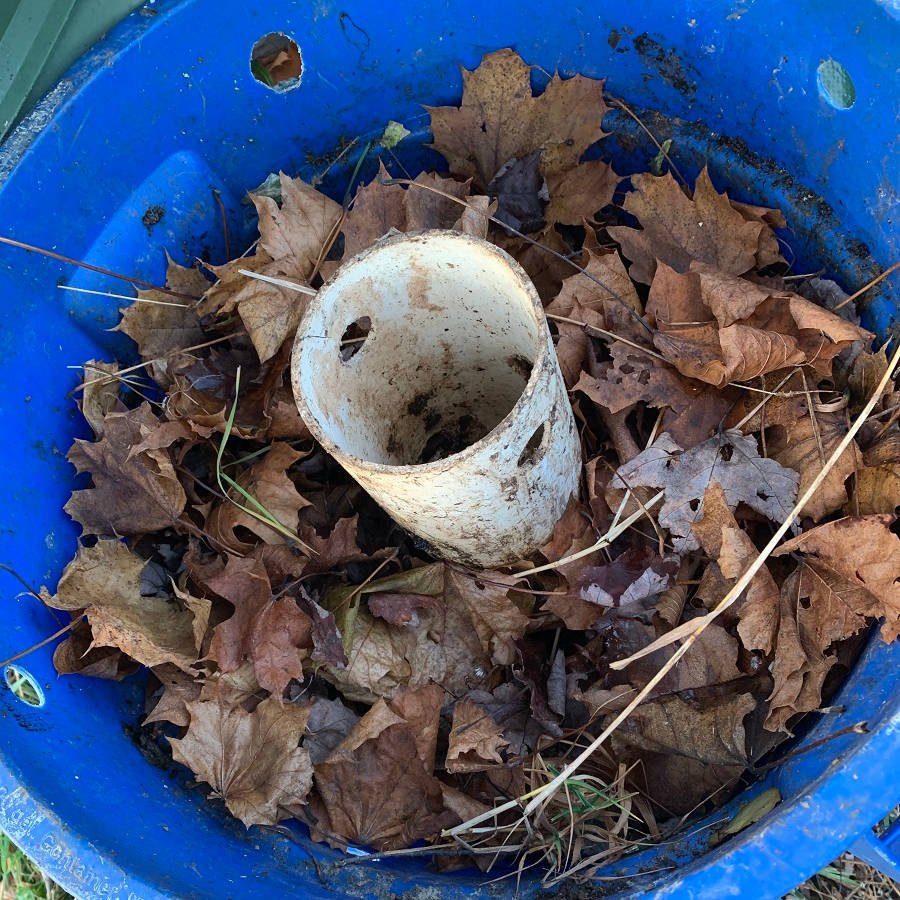
Composting Tips:
1. Create Layers: For a successful compost, create layers of “green” materials (like food scraps) and “brown” materials (like leaves, shredded paper or cardboard). This helps to balance nutrients, moisture and airflow.
2. Maintain Your Pile: Turn your compost to promote aeration and speed up the decomposition process. Keep it moist but not too wet. If you cannot turn your compost, check out my set up and what I do to skip this step!
3. Harvest Your Compost: After a few months to a year you should be ready to start using your compost. You will know when it is ready when you cannot identify what food scraps were in there. Your compost will have a rich, dark and crumbly texture.
4. Hot vs Cold composting: Unless you have a big pile, you are unlikely to get very hot compost. Bins generally do not get too hot. But they will still do an excellent job in converting food waste to compost.
5. Weeds: You should never add weed seeds to your compost, as this will allow them to spread through your garden. If your compost pile gets very hot, you can add some weeds, as the heat will kill them. But for cold composting, let the weeds (such as dandelion roots, and other weeds) dry out before adding to your bin.
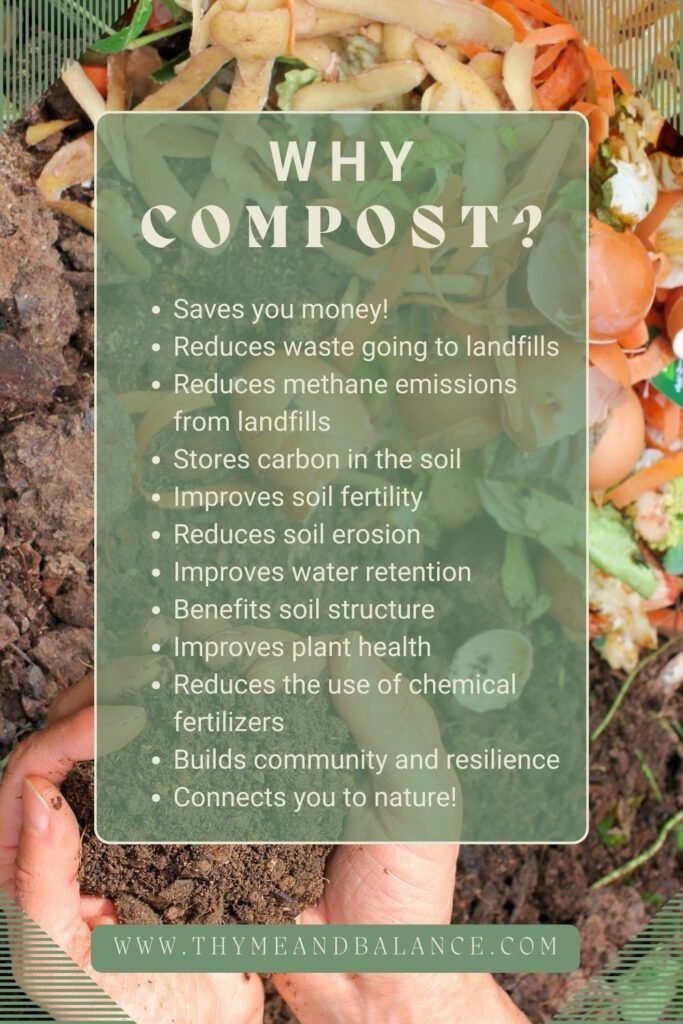
One small step at time
Composting is one of the easier ways to reduce waste and protect the environment with the added benefit of doing something amazing for your garden!
This small step can have a big impact! Don’t underestimate it!
Then of course there is the added benefit of it saving you money in the long run!
Ready to start composting? Take the first step today by collecting your food scraps and starting a composting system in your backyard or kitchen. Your garden and the planet will thank you.
I would love to hear how you got started and what your setup looks like! Please comment and share your story with us!

